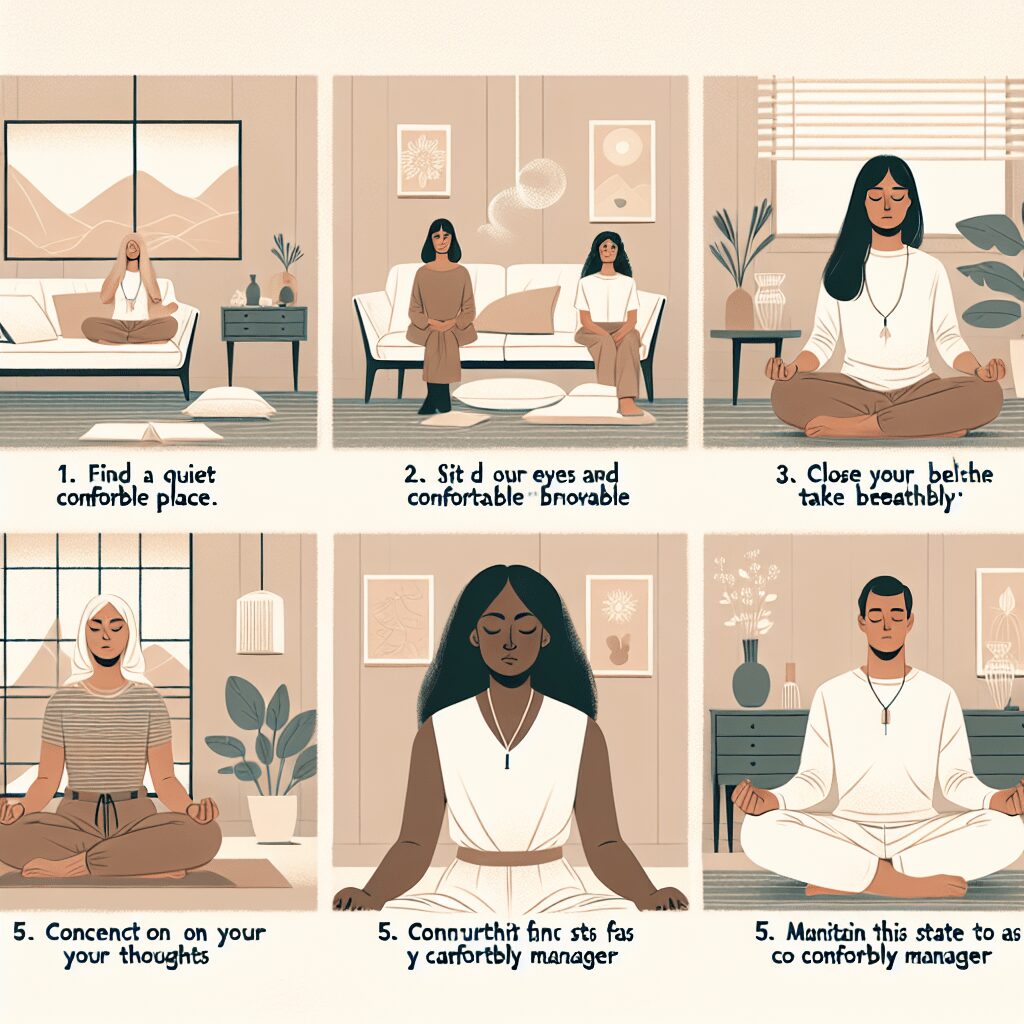
Prioritize your mental well-being daily. Enhance your life by nurturing your mental health with the Smart Meditation app. Break free from stress, alleviate anxiety, and enhance your sleep quality starting today.
Is It Normal To Not Be Able To Breathe Because Of Anxiety?
Unraveling the Ties Between Anxiety and Breathlessness
Ever been caught in the grips of anxiety so fierce, it feels like an invisible vice clamped around your chest? You’re not alone. In a world that spins at breakneck speed, anxiety has become somewhat of a constant companion for many. But when anxiety tightens its grip, leaving you gasping for air, it’s enough to send anyone into a tailspin of worry. So, let’s dive into the quagmire of anxiety-induced breathlessness and decipher whether it’s a common sidekick or a sign of something more sinister.
Anxiety: The Invisible Hand
For starters, let’s get one thing straight – the connection between anxiety and difficulty breathing is as real as it gets. Anxiety isn’t just a mind game; it’s a full-body experience. When anxiety strikes, your body’s fight-or-flight response kicks into overdrive, pumping adrenaline through your veins, and among its myriad effects, it can make breathing a Herculean task.
Why, you ask?
Well, in the heat of an anxiety attack, rapid breathing (hello, hyperventilation!) becomes the order of the day. This can lead to a decrease in carbon dioxide levels in your blood, which ironically, makes you feel like you need even more air. It’s a vicious cycle – the more you try to gulp down breaths, the dizzier and more out-of-breath you feel. And just like that, anxiety’s got you in a chokehold, quite literally.
But Wait, There’s More
Anxiety doesn’t just stop at making it hard to breathe. Oh no, it’s got a bag full of tricks. From accelerating your heart rate to sweating buckets and even causing chest pain, anxiety’s symptoms mimic those of more physical ailments, which, let’s be honest, does nothing but crank up the anxiety further.
Strategies to Break Free from Anxiety’s Grip
So, what’s the game plan to tackle this suffocating side of anxiety? Let’s break it down:
-
Breathe Easy: Irony aside, learning breathing techniques can be a game-changer. Techniques like deep diaphragmatic breathing can help counteract hyperventilation, restoring your breath (and sanity).
-
Face the Music: Gradually exposing yourself to anxiety-triggering situations (with professional guidance, of course) can desensitize you to those triggers over time.
-
Mindfulness and Meditation: Engaging in mindfulness practices or meditation can help center your thoughts and prevent them from spiraling.
-
Seek Professional Help: When anxiety becomes too much to handle alone, reaching out to a therapist or counselor can provide you with strategies to manage it effectively.
In the labyrinth of mental health, it’s crucial to remember that experiencing breathlessness due to anxiety isn’t just “all in your head.” It’s a physiological response as real as any other. While it’s a common manifestation of anxiety, it’s always wise to consult with a healthcare provider to rule out any other potential causes for your symptoms.
The Takeaway
In wrapping up this dive into the breath-stealing nature of anxiety, remember that while it’s a common companion of anxiety, there are strategies and tools aplenty to help you regain control. Just breathe – with a bit of effort and the right support, you’ll find your way back to easier breaths and calmer days.





